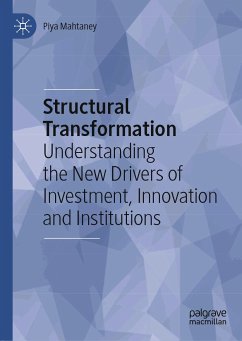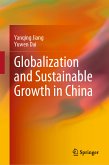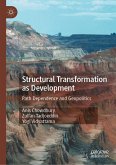The book presents a comprehensive and incisive analysis of Structural transformation which is among the most relevant and crucial themes of contemporary economics. Structural transformation is the edifice that is the basis of the next phase of economic transformation. The book demonstrates that structural transformation cannot be shoe horned into a single point formula, it is not merely about achieving a double-digit growth rate, nor it is achieved by an overarching emphasis on rapid technological advancement. Based on empirical evidence pertinent to developed and developing nations and present imperatives the book provides a comprehensive elucidation that that structural transformation will be profoundly determined by the empirics of investment, Innovation and Institutions.
Piya ¿Mahtaney is a visiting lecturer with St Xavier's Institute of Communications (Mumbai) and Department of Economics of St Xavier's College, Kolkata,India. She is also council member of Forum of Free Enterprise and on the academic council of Maharashtra Institute of Technology. She writes a monthly column, Econ Buzz about a wide gamut of issues pertinent to sustainable development issues in Forum Views published by the Brokers Forum, Bombay Stock Exchange (BSE). She has written four books.
Dieser Download kann aus rechtlichen Gründen nur mit Rechnungsadresse in A, B, BG, CY, CZ, D, DK, EW, E, FIN, F, GR, HR, H, IRL, I, LT, L, LR, M, NL, PL, P, R, S, SLO, SK ausgeliefert werden.









